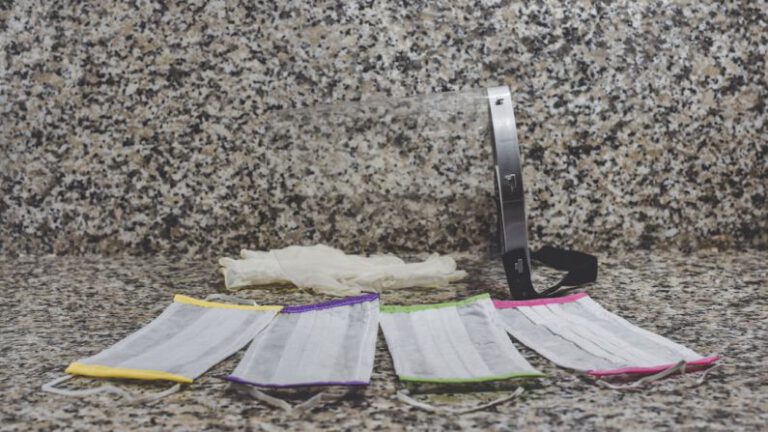Is Changing Air Filters Really That Important?
Maintaining a clean and healthy environment within our homes is a top priority for many of us. From dusting shelves to vacuuming floors, we go to great lengths to ensure the air we breathe is as pure as possible. However, one often overlooked aspect of indoor air quality is the importance of regularly changing air filters in our heating, ventilation, and air conditioning (HVAC) systems. But is changing air filters really that important? Let’s delve into this topic and uncover the key reasons why it should not be neglected.
The Role of Air Filters in HVAC Systems
Air filters play a crucial role in HVAC systems by trapping dust, pollen, pet dander, and other airborne particles that can circulate throughout our homes. By capturing these contaminants, air filters help maintain a cleaner indoor environment and prevent them from being recirculated. Additionally, clean air filters also contribute to the efficiency and longevity of HVAC systems by ensuring proper airflow and reducing strain on the equipment.
Subpar Performance of Dirty Air Filters
As air filters accumulate dust and debris over time, their ability to effectively capture airborne particles diminishes. This can lead to a variety of issues that impact both indoor air quality and HVAC system performance. When air filters become clogged, airflow is restricted, causing the system to work harder to maintain the desired temperature. This increased workload not only results in higher energy consumption but can also lead to premature wear and potential breakdown of the system.
Impact on Indoor Air Quality
One of the most significant reasons why changing air filters is essential is its direct impact on indoor air quality. When air filters are dirty or clogged, they are unable to effectively trap pollutants, allowing them to freely circulate in the air we breathe. This can be particularly problematic for individuals with allergies, asthma, or other respiratory conditions, as poor indoor air quality can exacerbate symptoms and lead to respiratory distress. Regularly changing air filters is a simple yet effective way to improve indoor air quality and create a healthier living environment for you and your family.
Energy Efficiency and Cost Savings
In addition to maintaining indoor air quality, changing air filters also contributes to energy efficiency and cost savings. When air filters are clean, HVAC systems can operate more efficiently, leading to lower energy consumption and reduced utility bills. On the other hand, dirty air filters force HVAC systems to work harder, consuming more energy and resulting in higher operating costs. By changing air filters regularly, you not only improve the performance of your HVAC system but also save money in the long run.
Frequency of Air Filter Changes
The frequency at which air filters should be changed depends on several factors, including the type of filter used, the level of indoor air pollution, and the manufacturer’s recommendations. As a general rule of thumb, it is recommended to check air filters every 30 days and replace them every 60-90 days, or more frequently if needed. Homes with pets, smokers, or residents with respiratory conditions may require more frequent filter changes to maintain optimal indoor air quality.
Ensuring a Healthy Home Environment
In conclusion, changing air filters is indeed a crucial aspect of maintaining a healthy home environment. By regularly replacing air filters in your HVAC system, you can improve indoor air quality, enhance energy efficiency, and extend the lifespan of your equipment. Don’t overlook the importance of this simple yet effective maintenance task—it can make a significant difference in the air you breathe and the overall comfort of your home. Prioritize changing air filters, and reap the benefits of a cleaner, healthier living space for you and your loved ones.






